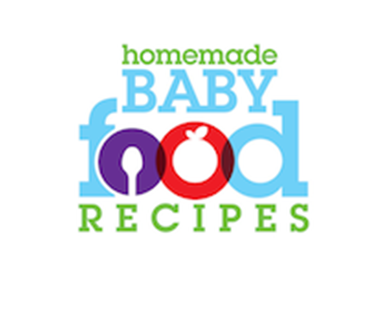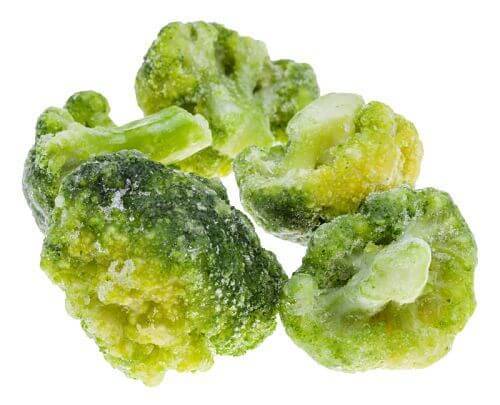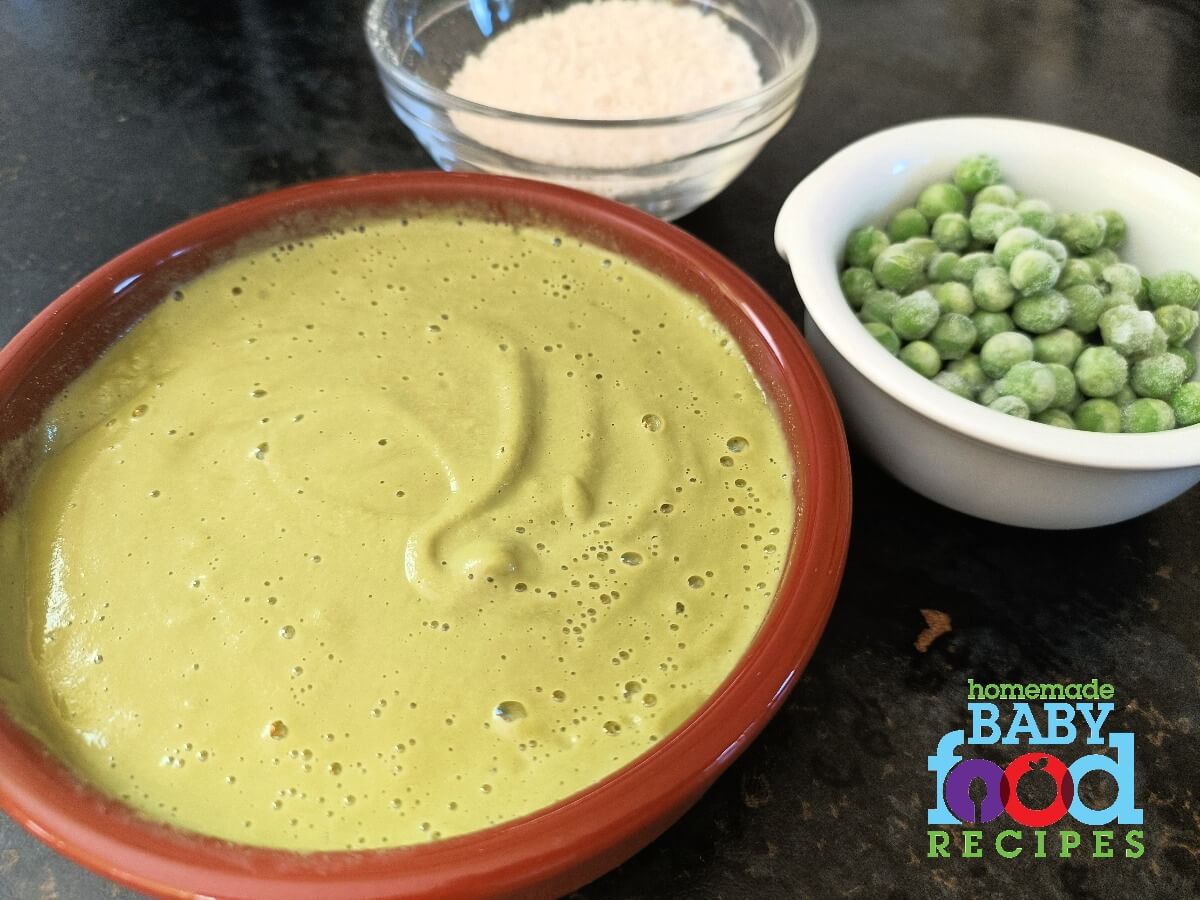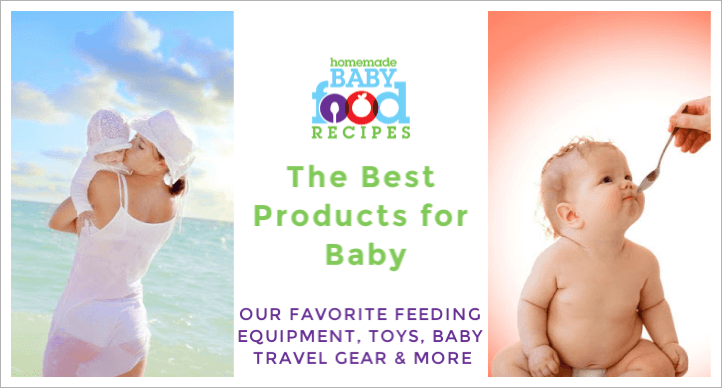Making Baby Food With Frozen Vegetables And Fruits
So… you’re at the supermarket, filling your basket with lots of colourful, fresh vegetables from the produce aisle. You feel confident that you’ll be providing your baby with the very BEST nutrition.
But are those ‘fresh’ vegetables really as nutrient-rich as they should be? Are they even ‘fresh’ at all?
If the vegetables you’re buying are locally grown and in season, the chances are that they’re fresh – and therefore packed with nutrients!
Very often, however, this isn’t the case.
Vegetables that are grown to be transported long distances are usually picked before they are fully ripe.
This means that they have not had enough time for their vitamin and mineral content to completely develop.
Although the vegetables may proceed to ripeness once picked, they will never be as nutritious as they would have been had they been allowed to ripen fully.
But that’s just part of the problem.
Even after shipping (during which time they may have been exposed to heat), ‘fresh’ vegetables then sit on the shelves of the supermarket, fully exposed to light.
And the fact is that both heat and light cause the nutritional value of fresh vegetables to deteriorate.
Why frozen vegetables may be more nutritious than fresh
Making baby food with frozen vegetables and fruits feels a bit like cheating, doesn’t it?
All the washing, peeling and chopping is done for you – and surely frozen produce can’t be particularly nutritious?
Yet, in some circumstances, it may be better than fresh!
The premises used for freezing vegetables are often located in or near to vegetable production areas.
This means that the produce can be frozen within just hours of being picked – when their nutritional value is optimal.
Before freezing, the vegetables are blanched.
This means that they are slightly cooked – a process necessary to stop them turning brown during freezing.
This does cause some loss of vitamin C, vitamin B1 and folate – but, once the produce is frozen, no further loss of vitamins or minerals occurs.
Additionally, the entire process of blanching, freezing and then cooking vegetables is considered to cause a similar vitamin loss as the normal loss associated with cooking ‘fresh’ vegetables.
Remember, too, that ‘fresh’ vegetables begin to deteriorate in nutritional value as soon as they are picked.
With green vegetables, for example, the vitamin C content is generally higher in the frozen variety – it tends to deplete more rapidly from fresh green vegetables as they sit on supermarket shelves.
And freezing particularly benefits vegetables containing carotene (which the body converts to vitamin A). This is because the vegetables are protected from light… and light actually destroys carotene.
Another point to consider is that frozen veggies these days tend to be ‘flash frozen’ – meaning that they are frozen quickly, helping to retain their nutrients.
According to the American Institute of Cancer Research, many fresh vegetables stored in the refrigerator or pantry for more than three days have lost enough of their vitamins and minerals to make frozen vegetables MORE nutritious!
There have also been reports in the news suggesting that fresh vegetables, bought out of season, may be higher in potentially harmful nitrates.
a delicious soup made with frozen peas...
Tips for using and storing frozen veggies and fruits
- Avoid vegetables frozen in some type of sauce. These will likely contain some degree of salt. Check that fruits have not been frozen in sugary syrup.
- Feel the vegetables or fruits within their packaging! If they are frozen together in one big lump, then they have probably thawed and refrozen at some point and their nutritive value may have been affected. They should all move around freely within the bag.
- Keep your frozen veggies or fruits cold on the way home from the supermarket, then put them straight into the freezer, which should always run at 0 deg F (-18 deg C) – you’ll find more tips about refrigerating and freezing foods on our Storing Baby Food page.
- Don’t keep frozen vegetables or fruits for longer than 6 months. The taste, appearance and nutritive quality may all deteriorate after this.
- For maximum nutritional value, it is recommended that you cook frozen vegetables by steaming or microwaving them.
- If you DO choose to boil your veggies, then drop them into a pot of water that is ALREADY boiling. Bring them back to a rapid boil, then serve them. Frozen vegetables do not need to simmer (remember, they were blanched before they were frozen)!
- You MAY freeze baby food portions made with previously frozen vegetables or fruits UNLESS the recipe contains previously frozen breastmilk. It is NOT safe to freeze dishes containing breastmilk that was previously frozen.
Frozen or fresh… at a glance!
Buy fresh vegetables when…
- they are in season and locally grown
- they are from a local farmers’ market
- you are sure they will be used within three days
Buy frozen vegetables when…
- they are out of season and the fresh varieties will probably have been shipped long distances
- you only shop once a week – you can, of course, buy enough fresh vegetables to last the first few days, but – after that – frozen would be more nutritious
- the fresh varieties are simply unavailable
Please note: frozen fruits and vegetables may not be suitable for babies with G6PD Deficiency – please see this page for more information.
Get more answers to your baby food questions…
Making baby food with canned vegetables and fruits
Should I peel fruits and vegetables for my baby?
Is it necessary to cook fruits and vegetables for baby – or may I serve them raw?



